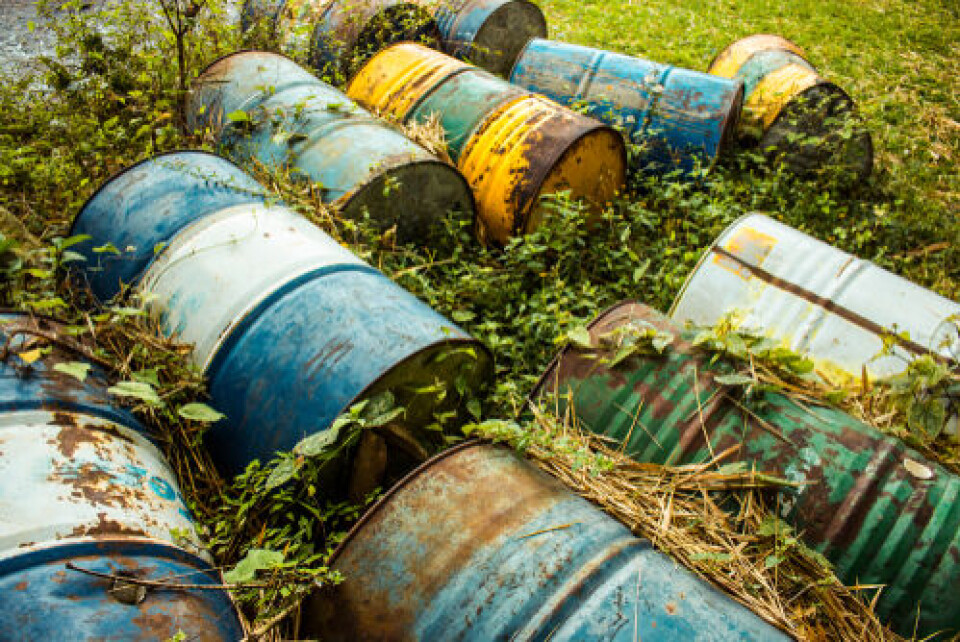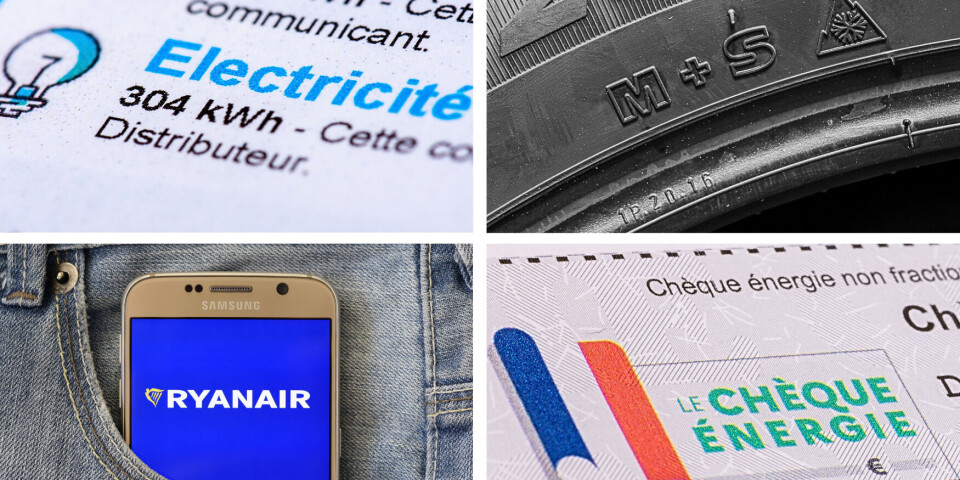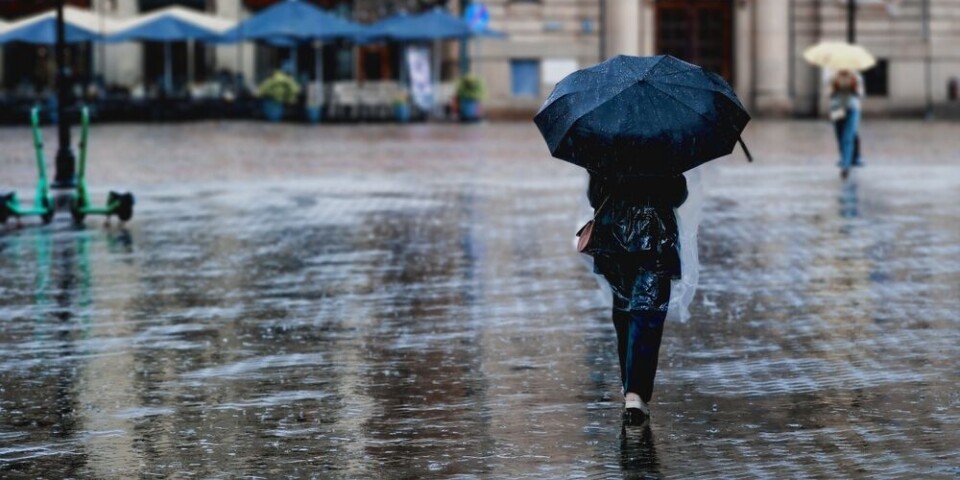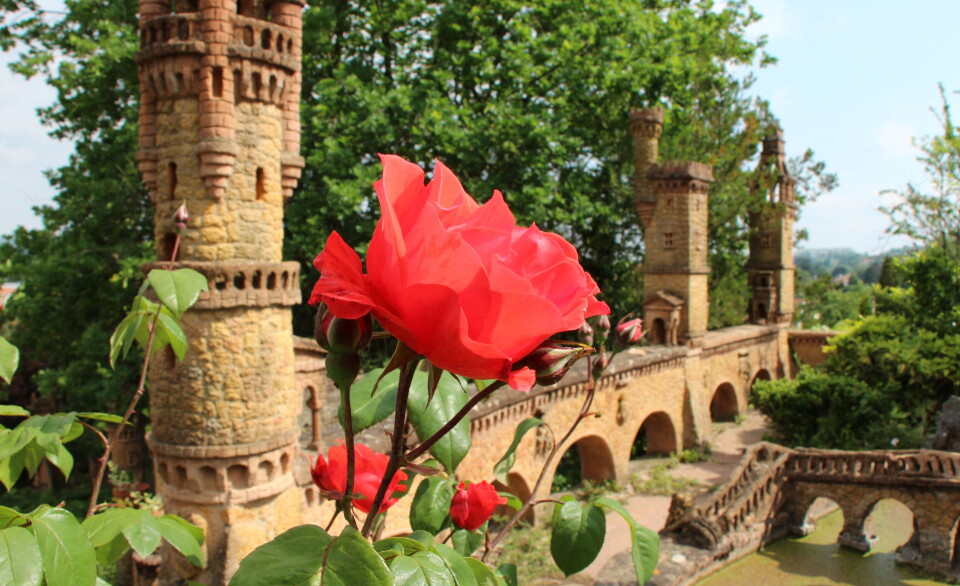-
French second home tax: over 1,600 communes opt for additional levy
Communes classified as facing housing shortage can opt for surcharge of up to 60%
-
What changes in France for residents in November 2025?
EES checks rollout, energy bills, taxes, and winter rules: See what is changing in France next month
-
Photos: €4 million French chateau has €1 million auction start price
American couple are selling historic property near Cannes due to job change. It needs renovation work
How do I check if a house in France is on polluted land?
The onus is on the seller to provide details if there is significant risk, but you can do your own homework too

Reader Question: You recently covered a story online about a family who discovered their home was built on polluted land. Is there not a way of checking this before buying?
If there is a significant risk, the seller must provide a survey of pollution in the ground of the property to help potential buyers decide whether to go ahead or not.
The law assumes the seller of a site which might be polluted, such as an old factory, will know the history of the land and thus whether a survey is needed.
Buyers can also consult georisques.gouv.fr for a rundown of risks to any known address in France.
Read more: €900,000 for French home owners whose house was built on polluted land
The site can be alarming, pointing to high risk of subsidence due to clay shrinking and expanding, for example, until you realise that nearly half of France has heavy clay soils.
It also shows large areas of potentially polluted soils corresponding to vineyards and fields, where farmers have had soil analysis done.
Some polluted sites might not be in the database so if you are worried, ask around and do some research.
You can also pay for a soil diagnostic and ask for a clause suspensive in the promesse de vente which stops the sale if pollution is discovered.
If still worried, put a garantie de passif environnemental in the final acte définitif, so that if pollution is found later you will share clean-up costs with the seller.
Related articles
Property buyers not attentive to natural hazards, French experts fear
Property price negotiation in France: what is average near you?
Why French property prices are expected to fall 5-10% in 2023
























